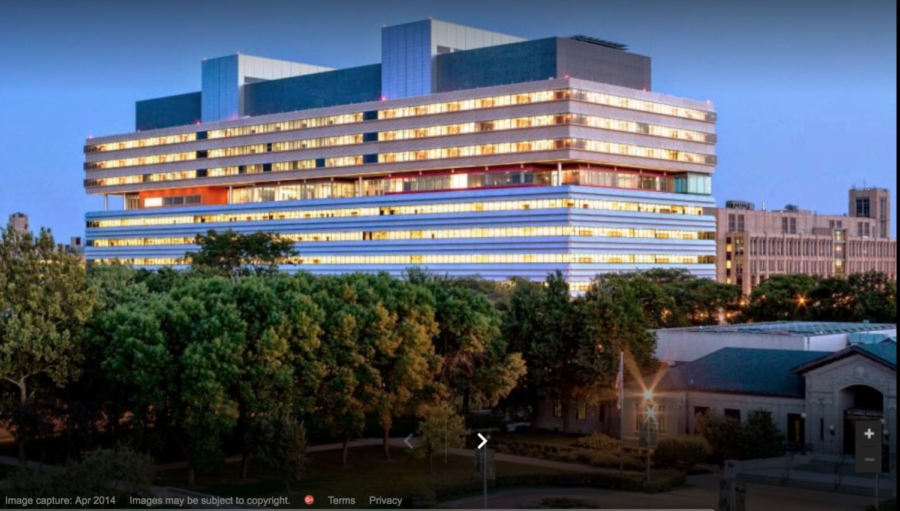The University and University of Chicago Medicine were recently awarded a $35 million grant from the National Institutes of Health to support the Institute for Translational Medicine (ITM), which aims to further clinical and translational research.
Translational research is the science of applying findings from lab settings into medical practice to improve patient health.
The ITM is a partnership between UChicago, Rush University Medical Center, and the Illinois Institute of Technology. Other major collaborators include Advocate Health Care, Illinois Institute of Technology, Loyola University Chicago, and NorthShore University HealthSystem.
Kenneth Polonsky, dean of the Pritzker School of Medicine, told UChicago News that the ITM will provide “new opportunities, technologies, and a robust network of resources” to advance patient care.
Researchers, faculty, and staff from any University department can apply for funding from the ITM to support projects intended to improve human health. In addition, the ITM also offers free training and educational opportunities, like grant writing classes and basic research essentials, to students and junior researchers.
“Our hope is that our efforts will make it easier for the faculty of the University of Chicago to accomplish their research and generate new discoveries that ultimately will improve our neighborhood’s, our city’s and our nation’s health,” Gerald Stacy, ITM’s administrative director, wrote in an e-mail to The Maroon.
The ITM also offers nonprofit organizations and neighborhoods across the Chicagoland area the opportunity to partner with researchers from the six ITM institutions to make new discoveries that will revolutionize patient care.
Students can get involved in the ITM in numerous ways, Stacy said. He explained that students can participate in clinical and translational research on campus by reaching out to faculty through UChicago Profiles, a UChicago faculty database.
“From time to time, the ITM may have additional specific opportunities, and we will publicize those as they arise. Our educational programs are also ways to explore clinical and translational research,” Stacy wrote.









